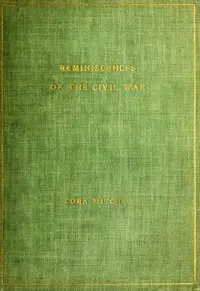"Cookery and Dining in Imperial Rome" by Apicius is a historical account and translation of an ancient Roman cookery text, likely from the early centuries of the Common Era. The book offers insights into the culinary practices, preferences, and social dining customs of the era, showcasing recipes and techniques that illustrate what Roman citizens ate and how they prepared their meals. This work serves as a valuable resource for historians, culinarians, and anyone interested in understanding ancient Roman culture through the lens of gastronomy. The opening of "Cookery and Dining in Imperial Rome" outlines the significance of the Apicius text as a key source for understanding ancient culinary practices. It discusses the context in which the recipes were compiled and the challenges in accurately translating and interpreting the original material. The initial chapters emphasize the connection between the culinary traditions of ancient Rome and modern practices, highlighting how the content of Apicius still resonates in contemporary cooking. Along with a critique of previous historical interpretations, the beginning sets the stage for a detailed exploration of the book's recipes, their ingredients, and the lifestyle of those who enjoyed feasts in the heart of the Roman Empire. (This is an automatically generated summary.)

Cookery and Dining in Imperial Rome
By Apicius
"Cookery and Dining in Imperial Rome" by Apicius is a historical account and translation of an ancient Roman cookery text, likely from the early centu...
Marcus Gavius Apicius is believed to have been a Roman gourmet and lover of luxury, who lived sometime in the 1st century AD, during the reign of Tiberius. The Roman cookbook Apicius is often attributed to him, though it is impossible to prove the connection. He was the subject of On the Luxury of Apicius, a famous work, now lost, by the Greek grammarian Apion. M. Gavius Apicius apparently owed his cognomen to an earlier Apicius, who lived around 90 BC, whose family name it may have been: if this is true, Apicius had come to mean "gourmand" as a result of the fame of this earlier lover of luxury.













